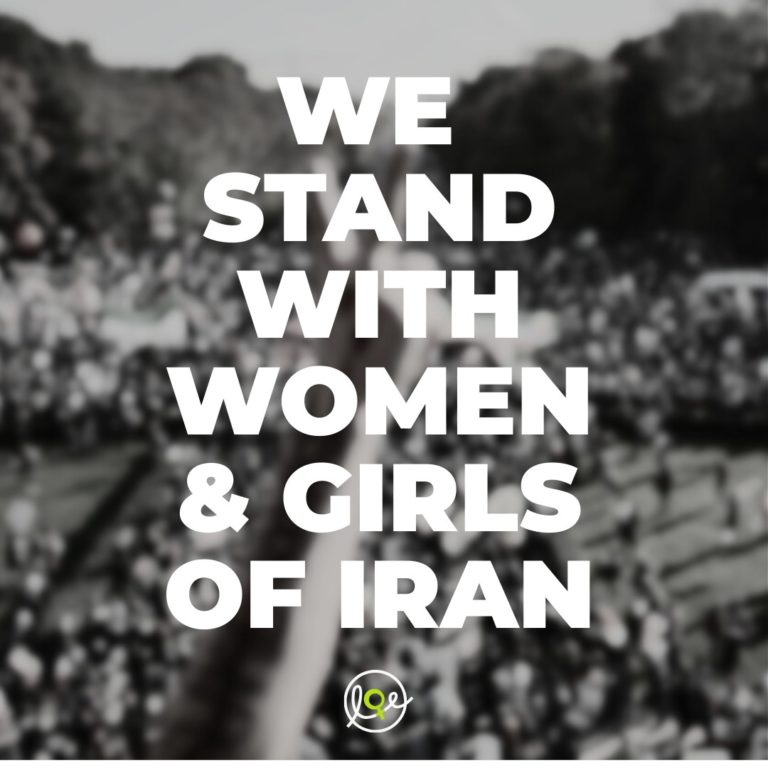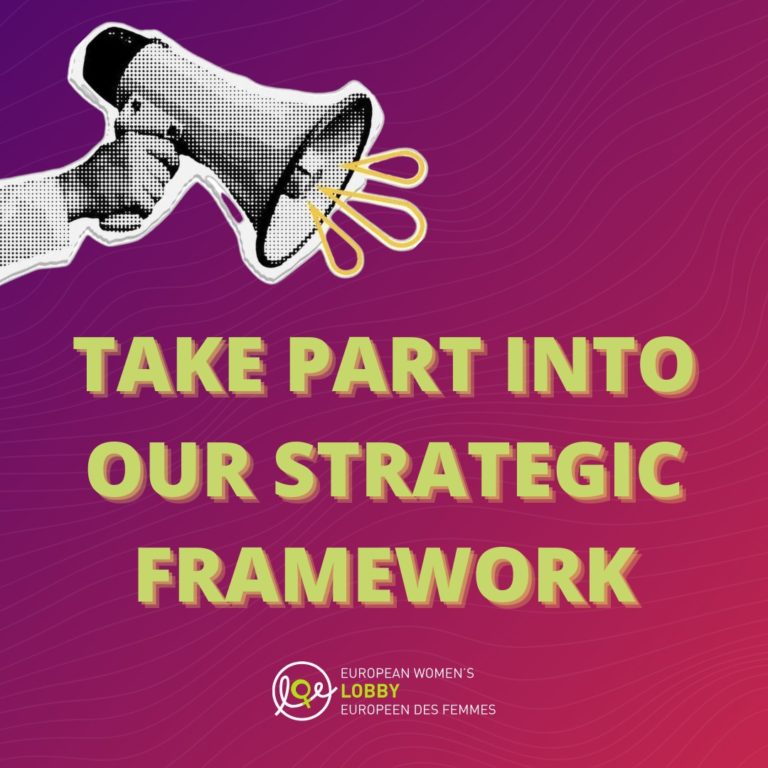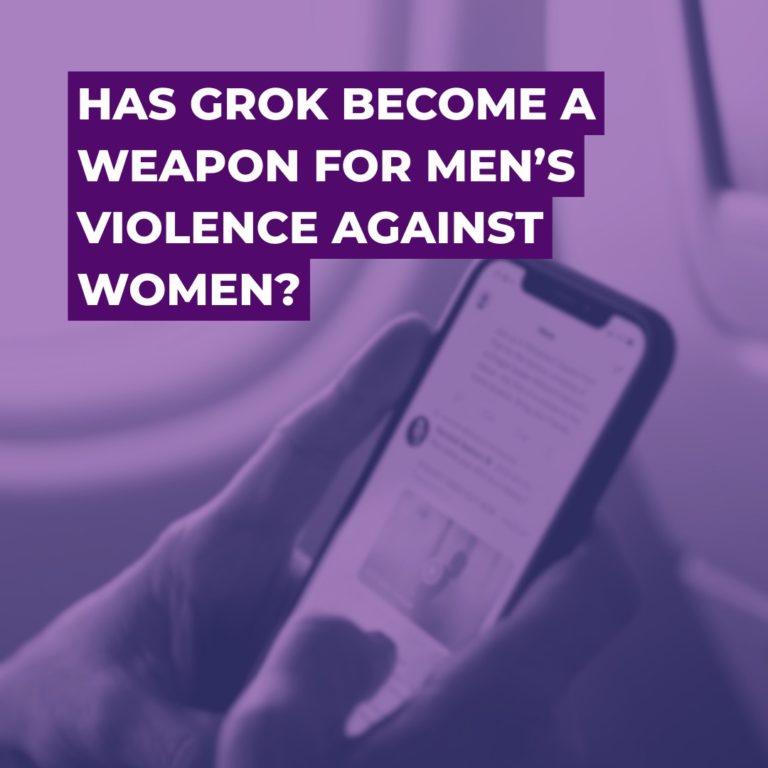[Brussels, 19 November 2015] “Prostitution is not work, it’s remunerated abuse”. It is with these words that Rachel Moran, author of the book ‘Paid For: My journey through Prostitution’, and member of the organization SPACE International, begins her statement in the hearing about “The gender dimension of Trafficking in Human Beings” during the latest FEMM Committee meeting in the European Parliament in Brussels on 12 November 2015.
The hearing was on the agenda due to the upcoming report in the Committee that will address the implementation of the 2011 anti-trafficking directive in the EU. During the hearing, several important pieces of information and statistics were forwarded, that shone a light on the importance of a gendered perspective on trafficking. 80% of registered victims of trafficking are women and girls, and 69% are trafficked into the sex industry. Nearly all of these victims are women, who additional to the human rights violations they have already faced due to trafficking are then receiving very limited support, protection and attention from European legal systems. This is something that the report will investigate further, and suggest that additional resources be directed to victim recognition and assistance.
Rachel Moran, herself a survivor of prostitution, made important statements about the linkage between prostitution and trafficking. “I will never agree that trafficking and prostitution are separate. Trafficking is a way of movement, where prostitution is the end point. The John’s do not distinguish between trafficking and prostitution, so why should we?”. The linkages that Moran made between prostitution and trafficking were partly the demand, which is what creates profit in trafficking, and partly the aspect of coercion. Coercion is more than as described in the definition of trafficking, as it can also be that your social conditions do not give you other options. “Coercion is a spectrum”, Moran concludes.
Also part of the hearing was a presentation by Jonas Henriksson, Swedish Detective Sergeant who works with combating prostitution and trafficking. He was there to present the Swedish legislation, where sex purchase is criminalized while prostitution is not. This legislation was implemented in Sweden in 1998 and it has been shown to have a normative effect on attitudes toward prostitution. “The goal is to damage the market and to starve it from its buyers” Henriksson says. He states that the legislation has led to placing the sex buyers in a position where they are scared to get caught, which gives the women more possibilities to set the terms. Moran supports this legislation, and hopes that it will spread across Europe, to combat what she presents as “the largest human rights scandal of our time”.
The same day, MEP Malin Björk organised a workshop on the Nordic model on prostitution. “I am happy to hear you will be focusing on addressing demand for trafficked women, but what exactly is this demand? Brothel owners, pimps, but also men buying sex. The Nordic model has been very effective in addressing the issue of demand, so what will the Commission do to tackle this?” Malin Björk said in FEMM when MEPs were discussing the report.
Read here an article from Rachel Moran: Trafficking and Prostitution – and the Differences that Don’t Exist.



